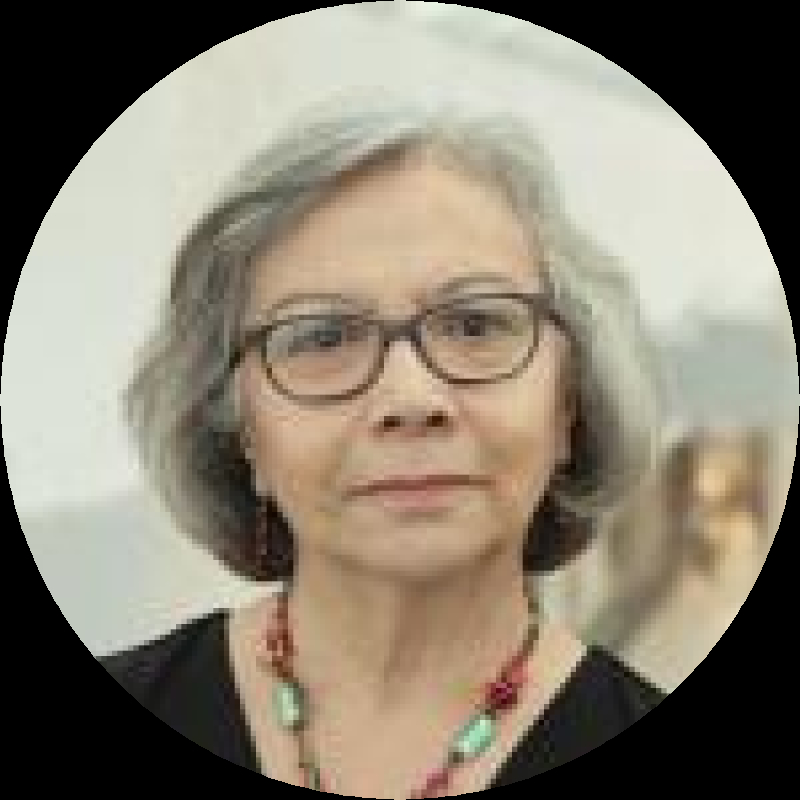
Introduction:
Bilingual writer, educator and journalist Carmen Rodríguez was born in Chile and moved to Vancouver following the military coup of 1973 in her native country. She has worked as instructor and professor across a range of disciplines – from literature and cultural studies to creative writing and literacy education – in both Spanish and English. She has also served as correspondent for Radio Canada International, and was a founding member of Aquelarre, a Latin American Women’s bilingual magazine.
On Being a Chilean-Canadian and a Bilingual Writer:
Since the mid 1990’s Rodríguez has been a bilingual writer. A good part of the time, she completes her work in Spanish and then re-writes it in English. Some of the time, it happens the other way around but, most of the time, she writes by travelling between the two languages.
In the Foreword to her short story collection and a body to remember with, she explains that this process of bilingual and bicultural creation has become an integral part of her work and reflects very closely her hyphenated existence as a Chilean-Canadian. It also reflects the hyphenated content of her writing – her own and her characters’ journeys from Chile’s volcano-studded south, its mystic Atacama Desert and the jacaranda-lined streets of Santiago to the expansive beauty of the Canadian West Coast and bustling Commercial Drive in Vancouver.
On Writing and Activism:
Through her adult basic literacy work and her readings, Carmen Rodríguez came to understand early on that there is a strong connection between language and activism.
From Paulo Freire and the Popular Education movement she learned that since time immemorial language has been used by the oppressors to keep large sectors of the population subdued and to explain and justify their actions. That the oppressed can and do use language as a tool for liberation: to name the world, reflect upon it, exchange stories and ideas, and articulate the actions they can take so as to build a more equitable society.
From Eduardo Galeano, Pablo Neruda, Gabriela Mistral, Alfonsina Storni, Sor Juana Inés de la Cruz, Luisa Valenzuela, Gabriel García Márquez and many others, she learned that literature can be an excellent vehicle to depict and denounce the realities of an unjust world and describe and explain visions of a different, more equitable one.
For Rodríguez, then, writing and activism go hand in hand. To write is to protest. To write is to remember. To write is to bear witness. To write is to denounce. To write is to provoke and to propose. To write is to use the tool, the weapon called language in pursuit of justice; so that horror can turn into beauty, shame into dignity, and deceit into truth.



